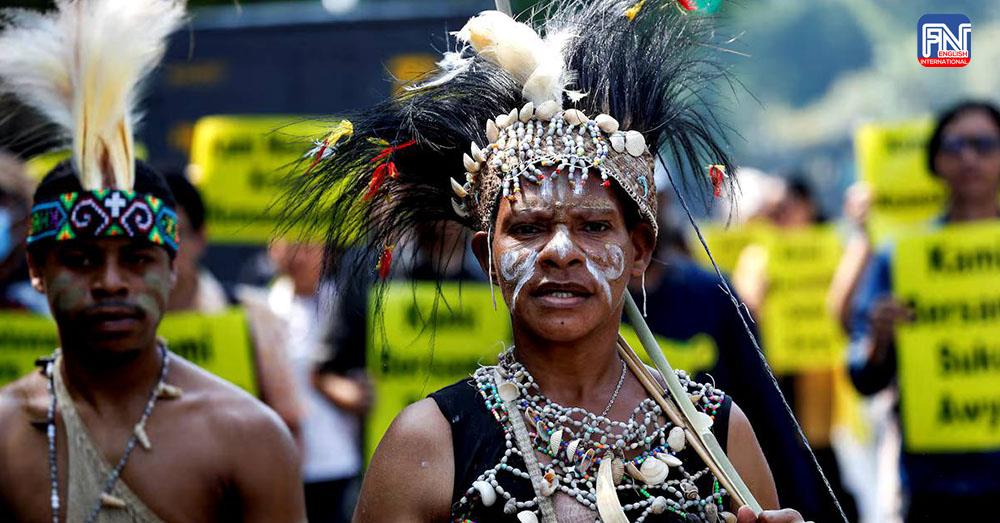JAKARTA, Nov 1 (Reuters) - Indonesia's Supreme Court has rejected an appeal by an Indigenous community that sought to cancel a permit for a palm oil concession on thousands of hectares of rainforest it claimed as ancestral land, legal documents showed on Friday.
Upholding the appeal could have set an important precedent in a country that has pledged to both protect a $30 billion export industry, and improve governance amid allegations of deforestation and human rights violations. Indonesia is the world's largest palm oil exporter.
The concession at the centre of the case brought by the Awyu people's Woro clan was granted to PT Indo Asiana Lestari (IAL) on 36,000 hectares (88,960 acres) of land.
"I feel heartbroken because I am left with no other legal avenue to protect the land and the people of my ancestral homeland. I am shattered because throughout this struggle, there has been no support from the government," said Hendrikus "Franky" Woro, a community member leading the legal fight.
The Supreme Court is Indonesia's final court for appeals.
Two out of three Supreme Court judges argued that appeal exceeded the time limits and should be rejected, while one gave a dissenting opinion, arguing IAL's permit violated Indonesia's environmental rules, a court document issued on Friday showed.
Indo Asiana Lestari did not immediately respond to a request for comment. It has said previously it obtained all the permits legally required and had reached agreements with 12 Indigenous clans in the area.
Besides the IAL case, other Awyu members are also seeking to revoke the permits of PT Kartika Cipta Pratama and PT Megakarya Jaya Raya, two other palm oil companies granted concessions within in same area. The total size of the area for all cases is nearly 115,000 hectares (284,170 acres).
Non-governmental groups advocating for the Awyu, which included Greenpeace, said on Friday the Supreme Court's rejection may have an impact on the results of the other cases.

Photo from Reuters




